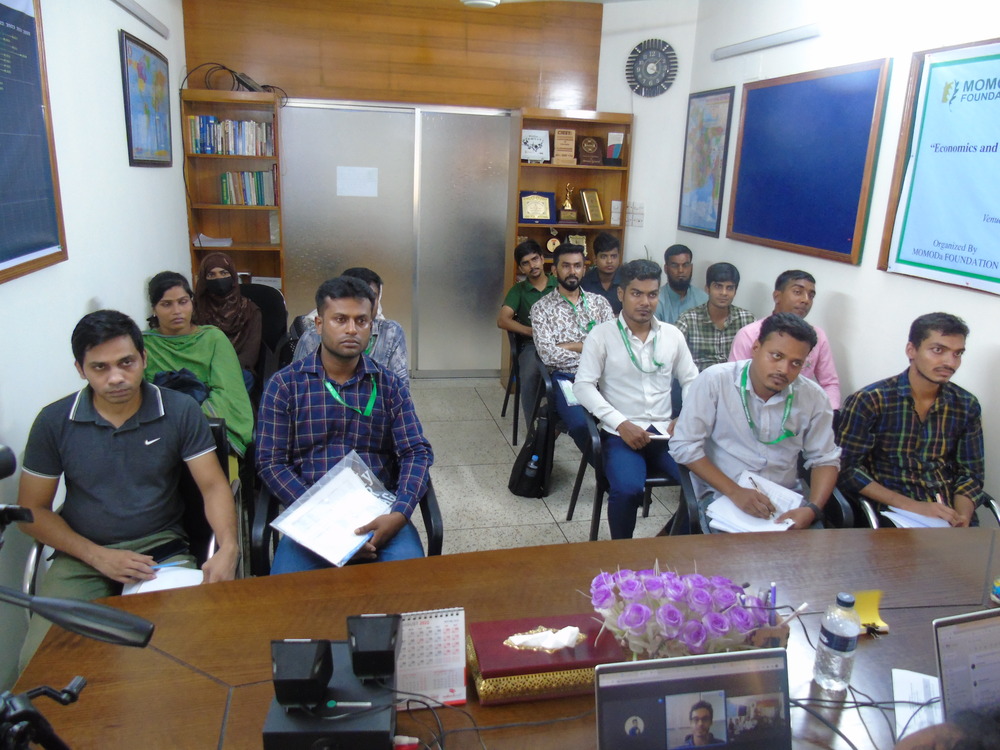- Singapore Management University
- Dr. Abu Shonchoy
- Dr. Tomoki Fujji
- Dr. Prottoy Aman Akbar
- Arpita Khanna
- H. M. Masudur Rahman
- Md. Bulbul Islam
- Neeti Zaman Bintee
Sample Size:
Listing survey-15888,
Household survey-1601,
Business survey-1608
The Dhaka Metro Rail is a mass rapid transit system that has been implemented to address the significant traffic challenges in Dhaka, the capital of Bangladesh. The initial phase of MRT Line 6 became operational on December 29, 2022, connecting Uttara and Agargaon. The objective of this project is to assess the impact of the metro rail system on businesses and households. This assessment focuses on four key indicators:
- Living costs,
- Mobility,
- Travel time expenses, and
- Environmental impacts.
Structured questionnaires were administered using the SurveyCTO computer-assisted personal interviewing (CAPI) software, facilitated by an experienced team. The end-line survey commenced in May 2023, including a listing survey, business end-line survey, and household end-line survey. Upon completion and data cleaning, the actual number of surveys conducted will be determined.
In Dhaka, one of the fastest-growing cities in the world, Dhaka Metro Rail (DMR) is going to be the first inner-city rail transit service, and its first line, MRT Line 6, is due to open by December 2022. The DMR is expected to ease endemic traffic congestion and poor mobility within Dhaka. As we know that large-scale mass transit projects like the DMR affect travel conditions in the entire city, and not just along their routes. They also have citywide impacts on housing markets, air pollution, gender equality, labor market informality, population decentralization, and the city’s long-term growth among others. However, a comprehensive assessment of a transportation infrastructure project is rarely undertaken by governments or donors despite its importance for sustainable development.
